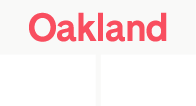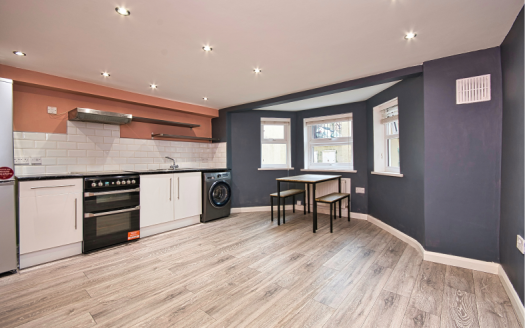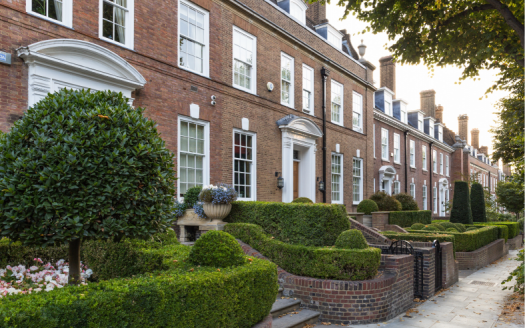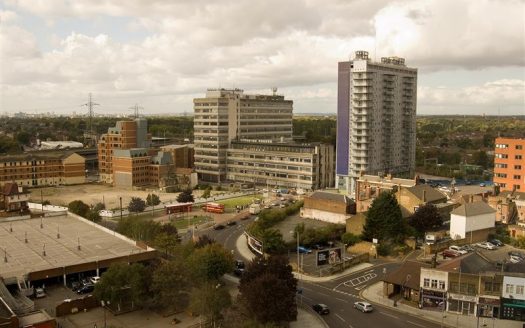If you’re thinking of letting a property in East London, you should be aware of landlord licensing schemes.
We know that it takes a lot of work to set up a rental property. While you are undertaking landlord safety checks and making other preparations to welcome your first tenants, getting a license may be the last thing on your mind. But failure to do so could result in a huge fine of up to £30,000, not to mention a criminal record.
Our letting agents in Ilford, together with our Newbury Park letting agents, are always keen to ensure that east London landlords are fully informed about legal compliance. In this blog, they will explain about licensing and discuss the different kinds of licenses required.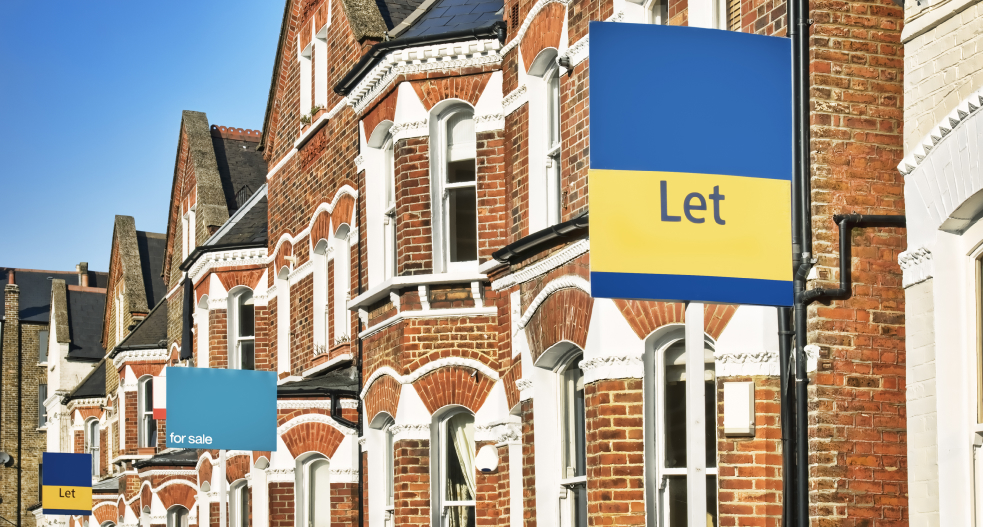
Why do I have to register with a Landlord Licensing Scheme?
The Housing Act of 2004 introduced a number of licensing schemes for landlords in the private rented sector. This was done in order to improve housing conditions, tackle rogue landlords and reduce anti-social behaviour.
Not all London councils insist on licensing, but it’s vital to find out if a license is required for your property. Different licenses are used for alternative types of rental, so read on to discover which one applies to your property’s letting profile.
Selective licensing
An area is chosen as a selective licensing zone because the local authority has identified it as a place with significant levels of social deprivation. They want standards for rental properties to be upheld in order to protect vulnerable tenants.
This license is required for accommodation rented out to a single household. ‘One household’ refers to a person living alone or a small number of family members living together and sharing facilities. Unmarried couples who live together are counted as a family.
Local authorities will carry out property inspections (prior to, or during, the licensed period) and landlords will be investigated to ensure that the rental is properly managed. The council will also ask to view documentation relating to gas and electrical safety, energy performance and portable appliance tests.
Over time neighbourhoods can become more prosperous or go into decline, so selective licensing zones can be subject to change. Councils will usually consult with residents and other stakeholders before they revoke a scheme or create a new zone.
Mandatory licensing for large Houses in Multiple Occupation (HMOs)
A large HMO is a property that accommodates five tenants or more sharing kitchen and bathroom facilities.
Strict rules are applied to large HMOs and enhanced health and safety measures are required, especially with regard to fire risk. When you apply for a license as an HMO landlord you must expect a visit from your council’s housing enforcement officer. They will inspect the property to ensure it is fully compliant before granting the license.
You will also need to provide certification for the fire detection system (all smoke and heat detectors must be for hard-wired), a fire risk assessment, an electrical installation report (EICR) and gas safety certificate. If you are supplying portable electrical equipment such as kettles or toasters you’ll also need to supply a Portable Appliance Test Certificate (PAT).
Fines imposed by the local authority are not the only financial losses you risk when running an unlicensed large HMO. Tenants can apply to a tribunal to claim back some of the rent they have paid.
Additional Licensing for small HMOs
A small HMO is a rental property occupied by 3 or more tenants who form more than one household and share kitchen and bathroom facilities.
In neighbourhoods that experience a significant shift from family rentals to individual tenants sharing, local authorities fear that housing standards will slip. In those cases, they have the power to introduce additional measures, particularly for small HMOs not covered by existing mandatory licensing.
What are the rules and licensing charges for each east London borough?
If you want to know the exact rules and licensing costs for your rental property, search online for ‘private landlord licence’ plus the name of your local authority. This should quickly take you to the relevant page on your local council’s website.
However, if you need support to navigate the complexities of landlord licensing, a qualified property management service may be the answer. At Oakland Estates we have been helping landlords get the most from their investments for decades.
The east London postcode areas we serve are IG1, IG2, IG3, IG4, IG5, IG6 and IG7. Our expert lettings team can help you with everything from rental property valuations to landlord and tenant agreements. Meanwhile our property managers will keep a watchful eye on your investment whilst ensuring you stay legally compliant.
Should you want to sell your rental property, our sales teams will also be happy to help. Get in touch via 020 3972 7341 or email info@oaklandestates.co.uk. to share your plans with us.
Meanwhile, if you’d like to find your dream home or properties to rent in Ilford, wanstead, Newbury Park, Barkingside and surrounding areas, check the below links
Properties for sale in Ilford and Barkingside
Properties to rent in Ilford and Barkingside
Don’t forget to follow our socials for the latest property market advice and listings:
https://www.facebook.com/Oakland-Estates-1426149597689066/?fref=ts

